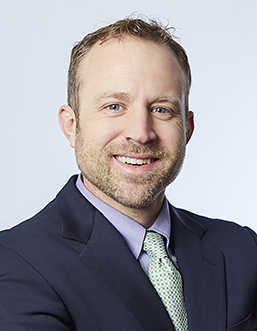The NCAA has significantly relaxed its rules limiting the ability of athletes to monetize their personal brand and profit from their specialized expertise and their influence within the landscape of collegiate athletics. Name, Image, and Likeness (NIL) collectives or consortiums have been formed by numerous universities around the country to help facilitate athletes’ endorsement and employment opportunities. But what does that mean and how does it work?
Endorsement Deals: The most exciting possibility for any collegiate athlete is landing that lucrative endorsement deal with a high-profile brand to promote products or services. These deals can include social media promotion, public appearances and traditional advertising, and often revolve around products specifically associated with the athlete’s chosen sport, although of course they do not have to.
Social Media and Online Content: Collegiate athletes can monetize their influential social media presence by amassing large numbers of followers, and then using their social platforms to promote brands, create sponsored content, partner with other “influencers,” and earn money from advertising revenue directly from the platforms themselves (i.e., YouTube, Instagram and TikTok).
Autographs and Personal Appearances: Now, collegiate athletes can be paid for signing autographs and making public appearances at events. The athletes can also charge for training sessions, camps, and clinics, or at least be compensated for their time coaching at such events when participating on behalf of the clinic or camp coordinators.
Merchandise Sales: Although collegiate athletes were never prohibited from selling merchandise in general, only now can they create and sell their own merchandise, such as clothing lines or branded items specifically using their name, image and likeness, significantly increasing the potential value of such “side hustles.”
Agent Representation: Collegiate athletes may hire agents or advisors to help them negotiate and secure NIL deals; however, these agents cannot negotiate professional sports contracts while the athlete is still in college.
In summary, the changes promulgated by the NCAA have really opened the door for collegiate athletes to explore a wide variety of opportunities; however, athletes should still be mindful that each NCAA member institution can establish its own NIL policies for its athletes to follow, and these policies may include restrictions on certain types of endorsements. In addition, states are racing to enact their own NIL laws, which may vary in terms of what is allowed and how it is regulated, in order to assist their institutions.
Take Missouri for instance (arguably the most progressive state when it comes to NIL legislation as of the date of writing) which passed H.B. 417 allowing high school athletes to earn or attempt to earn compensation from a Missouri institution (or related NIL collective or consortium) from the use of such athlete’s name, image, and likeness rights or athletic reputation once the athlete signs a letter of intent with such institution. The Missouri legislation also calls into question the ability of athletic associations, conferences, or any other organizations to enforce NIL restrictions.
It is imperative that collegiate athletes be knowledgeable enough to comply with both state law and institutional policy. While athletes can be compensated for coaching and teaching, athletes still cannot receive payment specifically for athletic performance or enrollment at a particular institution. NIL compensation must be tied to legitimate business activities. Nevertheless, if careful and prudent in their approach, the above referenced activities can help athletes develop business and marketing skills, build their personal brand, establish professional connections and make a little (or a lot) of money along the way.
